Talks regarding the future of Eurostar were continuing as this issue of RAIL went to press, with reports suggesting figures of £400 million to £500m as being the focus of negotiations.
COVID and the resulting travel restrictions have decimated the service, with a decline in passenger numbers of up to 99% compared with pre-pandemic levels.
Currently, only one train per day is running from London-Paris and one from London-Amsterdam. No other routes are operating.
The French Rail Association (AFRA) has expressed concern about the French Government providing SNCF (the country’s state-owned operator and largest shareholder in Eurostar) with up to 585 million euros (£499m) support to Eurostar, at the same time as SNCF is spending 600 million euros on a new train fleet for its Spanish subsidiary.
In early March, Eurostar Chief Executive Jacques Damas told the Financial Times that the business was losing £500m a year, while later that month SNCF president Jean-Pierre Farandou told the same paper that Eurostar needed state aid within the month to get through the COVID crisis.
According to AFRA, which represents alternative operators in France, all public aid should be strictly regulated. It says that only “well-founded, legitimate and proportionate aid should be able to justify the mobilisation of public funds”.
AFRA President Claude Steinmetz said: “Under no circumstances should the state’s effort to support an operator affected by the crisis be used to finance, even indirectly, its international development.” He said any aid must be accompanied by commitments on counterparts.
This has raised the question of Eurostar disposing of its Class 373 rolling stock, instead of it being available for other operators to acquire. Eurostar has also declined to confirm whether the company’s remaining ‘373s’ and Class 374 fleet have been used as collateral against any debts the company has.
SNCF is the largest Eurostar shareholder, with a 55% stake in the business. The second largest is Caisse de Dépôt et Placement du Québec (CDPQ) and Hermes Infrastructure, which bought the UK Government’s 45% share in 2015. The smallest stakeholder is Belgian state operator SNCB (5%).
The French Government stated in late January that it would provide funding for the business, while CDPQ has already pumped some £200m into Eurostar in the past few months.
The UK Government is discussing options with its French counterpart. However, it has stated on more than one occasion that because Eurostar is no longer a British company, the company’s stakeholders should be the first to provide assistance.
- For the FULL story, read RAIL 928, available now.

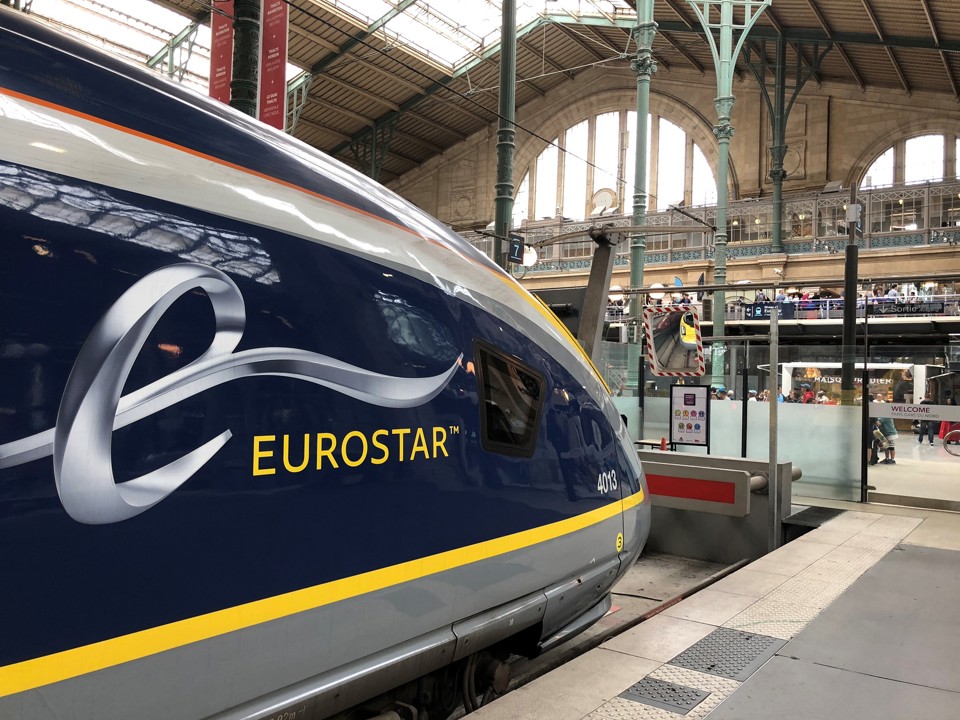
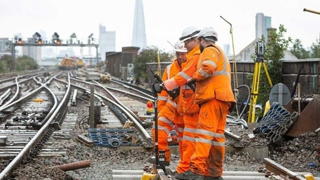
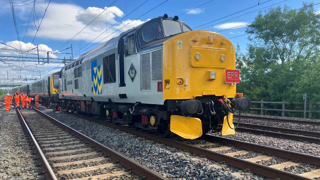
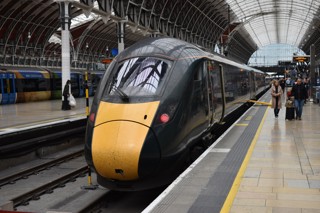
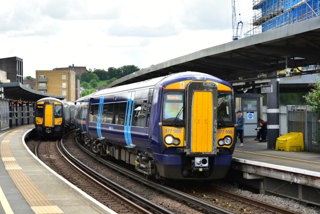
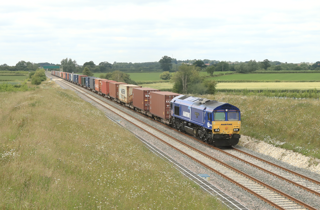










Duncan Wilson - 03/05/2021 19:05
I agree that the UK must rescue Eurostar even though it is not really our governments responsibility to do so. Afterall, Eurostar is a vital link for many reasons besides the economic. However, British government support should come with the caveat that the UK taxpayer be handed a 66% super majority of the shares in Eurostar as the price of it's rescue. After the acquisition of Eurostar by the British taxpayer the following must then occur. All but one flight per day from London Airports to Paris must be terminated, with the single remaining return flight being operated by British Airways, and Air France on alternate days, and charged at a normal (not a low cost) fare. The same must then apply for London to Brussels, with British Airways and Brussel Airlines. The same again for Amsterdam with British Airways, and KLM. This single return flight to each destination gives passenger choice, and caters for those who are afraid of using the Channel Tunnel. In conjunction with this massive shift from air to rail, the following Eurostar service changes must then take place. A full hourly service from London St Pancras to Paris Nord. Full hourly service from London St Pancras to Brussels with trains extending to Amsterdam Centraal, and Frankfurt Hbf on alternate hours. New daily, year round direct return service to Marseille St Charles with trains extended to Tours, Cannes, and Nice in the summer with option to extend further to Monaco. New daytime direct return service from London to Bordeaux with possible summer extension to Madrid with the opening of LGV Bordeaux-Dax. This service would also serve Paris at Massey TGV, and Disneyland Paris at Marne-la-Vallee Chessy. Four daily direct return services from London to Marne-le-Vallee Chessy. Daily winter return service from London St Pancras to Bourg St Maurice. Other daytime service options to include daily return services from London St Pancras to Geneva, Milan, and Barcelona. Also of vital importance not just to Eurostar but to the overall health of the pan European rail network is the resurrection of Nightstar Sleeper service from London St Pancras to destination off of the core Eurostar network. These services should include London St Pancras to Rome, Venice, Moscow, Barcelona, Berlin, Vienna, Ankara, Copenhagen, and Oslo. To cope with the increased passenger numbers consideration should be given to replacing the core Eurostar fleet with 400 metre double decker trains on the route from London St Pancras to Paris, Brussels, and Amsterdam/Frankfurt, with the current fleet of Class 374 supplementing the core fleet on quieter core services, and operating to the expanded none-core destinations. The Class 373 fleet would then be withdrawn from service for scrapping. In the longer term the Government, and Eurostar should be looking at resurrecting the absolutely vital direct link between HS1, and HS2 providing direct services from Manchester, Birmingham, and Leeds to Paris, and Brussels avoiding any stops in London. The current idea of asking passenger to alight at Euston, and board again at St Pancras for onward travel is ridiculous, and defeats the the idea of making rail travel from UK destinations to the continent the preferred method of travel. The best way to link HS1, and HS2 would be to remove the international platforms at Stratford making room for the construction of tunnel portals to the north and south of the current eastern portals of the Stratford tunnel. A pair of single bore tunnels would then be driven beneath London emerging at Old Oak Common to join HS2.